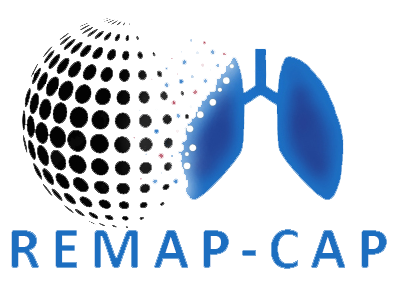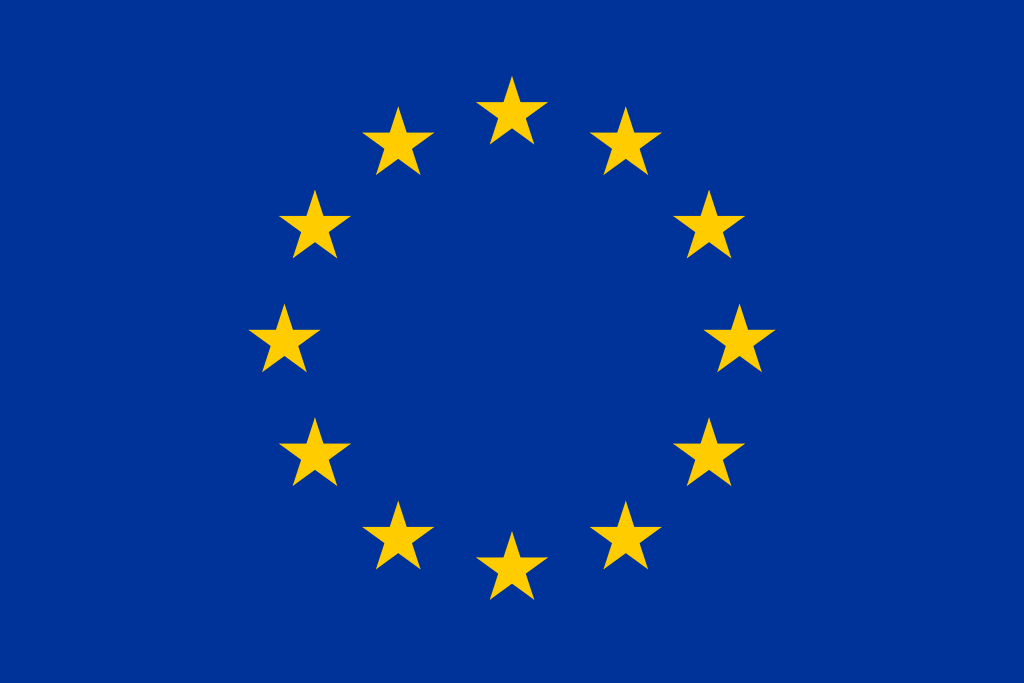European clinical research response during pandemic must be faster

To be better prepared for the next pandemic, leading scientists from the Netherlands, Belgium and the United Kingdom are advocating some radical innovations. They propose the creation of a European authority for clinical research on pandemics to coordinate clinical research in this area thereby avoiding fragmentation of studies. They also propose that international clinical trial networks be formed as soon as possible so that, in the event of a new pandemic, clinical trials can start immediately in order to identify good and evidence-based treatments quickly.
On December 21, four leading European scientists (Prof. Marc Bonten, Dr. Lennie Derde, Prof. Herman Goossens and Prof. Peter Horby) published an opinion in Lancet Infectious Diseases outlining the lessons, learned, future outlook and some recommendations following the European clinical research response during the COVID-19 crisis. The aim of the article is to provide guidance for improvements in the preparation and conduct of clinical trials in a (future) pandemic situation. This will enable new treatment options, proven to be effective and safe, to move rapidly through the approval process and into clinical practice.
The proposals in this publication are in line with the passage on ‘pandemic preparedness’ in the new Coalition Agreement of the forthcoming Dutch government. They also fit the principles of the submitted proposal ‘Pandemic preparedness & response (APOLLONL)’ to the National Growth Fund, a proposal in which UMC Utrecht is closely involved.
Fragmented research
In March 2020, at the start of the pandemic, many studies on potential COVID-19 treatments were initiated. This led to a fragmented research landscape with few international collaborations. Contractual and regulatory hurdles, as well as competition with and between national trials, were a major challenge in several EU countries. All these factors combined meant that by the end of 2021 only few studies had produced results of the level required to formulate international treatment guidelines for COVID-19.
Two clinical studies managed to respond quickly to the pandemic and produce results: the RECOVERY study from the UK, and the REMAP-CAP study that started in the EU as part of the PREPARE platform and which expanded globally. RECOVERY and REMAP-CAP differ in many ways, but they share the randomized design, simple implementation, and flexibility to adjust as evidence emerges. As a result, RECOVERY and REMAP-CAP were ready to enroll their first COVID-19 patient within two and six days of their protocols being approved. Results from these trials show the key factors for success during a future pandemic.
Professor of microbiology Marc Bonten (Julius Center for Health Sciences and Primary Care Medicine, UMC Utrecht) says, “After years of preparation, REMAP-CAP proved to be of great value during the pandemic. We will now roll out that concept further to find the best treatment for patients even faster.”
Lessons for the future
The COVID-19 pandemic demonstrated that it is more effective to launch a few large studies to search for effective interventions, rather than many separate and often smaller studies that compete with each other. Therefore, a rapid response is needed after the current pandemic to ensure that mechanisms for scaling up and collaborating are in place. A European Clinical Research Authority for pandemics should therefore be established to oversee and prioritize clinical studies. This will allow large, definitive trials for treatment, prevention and diagnostics to be conducted with appropriate urgency in the event of a new pandemic.
In addition, there is a need to collaborate by investing in globally connected clinical research networks. These networks should be structured through platform trials and designed according to basic protocols. By definition, a pandemic requires studies that quickly answer a research question with protocols that can also be conducted when a healthcare system is overloaded. It is important that such studies are adequately prepared (e.g. funding, protocol, analysis plan, approval processes, study locations, training, ICT, logistics, etc.) during a period between pandemics, as success depends on existing infrastructures. Finally, digital models and procedures are also needed to facilitate data collection and sharing.
Publication
Goossens H, Derde L, Horby P, Bonten M. The European clinical research response to optimise treatment of patients with COVID-19: lessons learned, future perspective, and recommendations. Lancet Infectious Disease 2021, online first.






